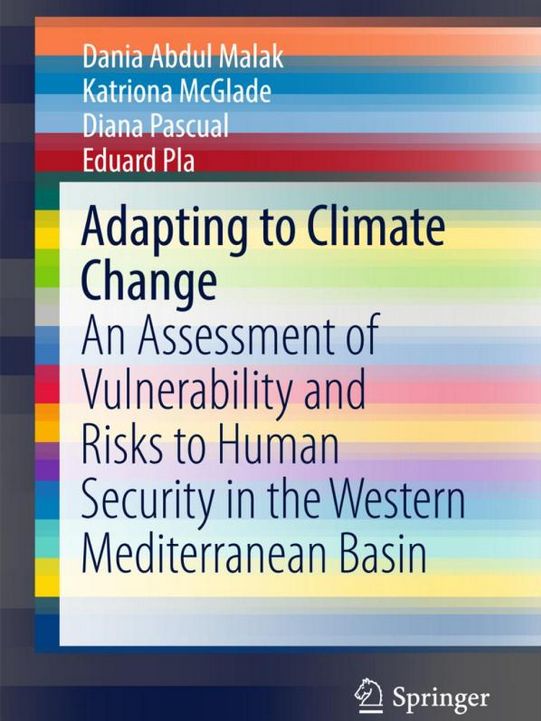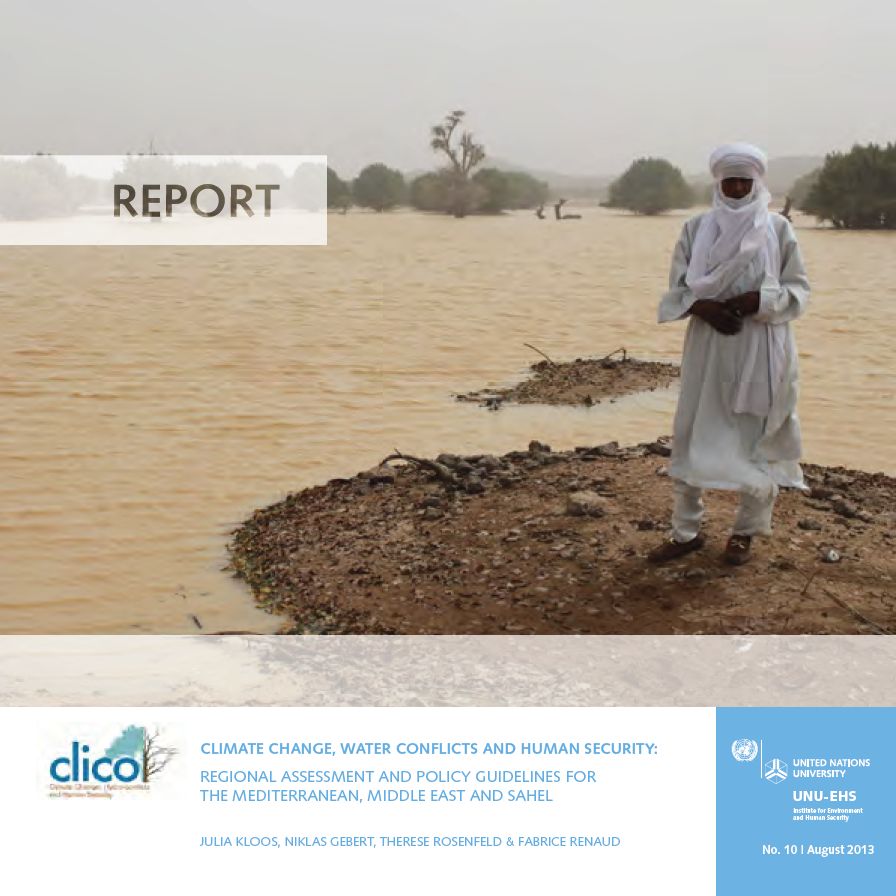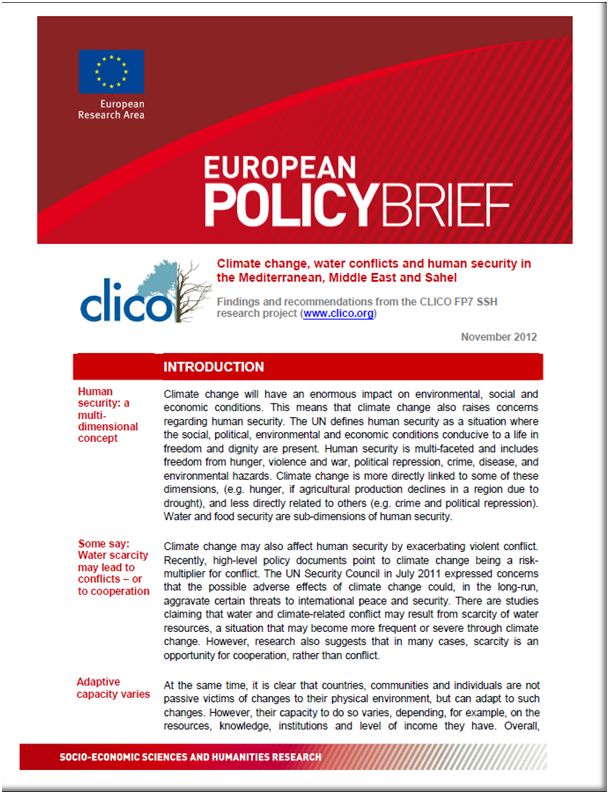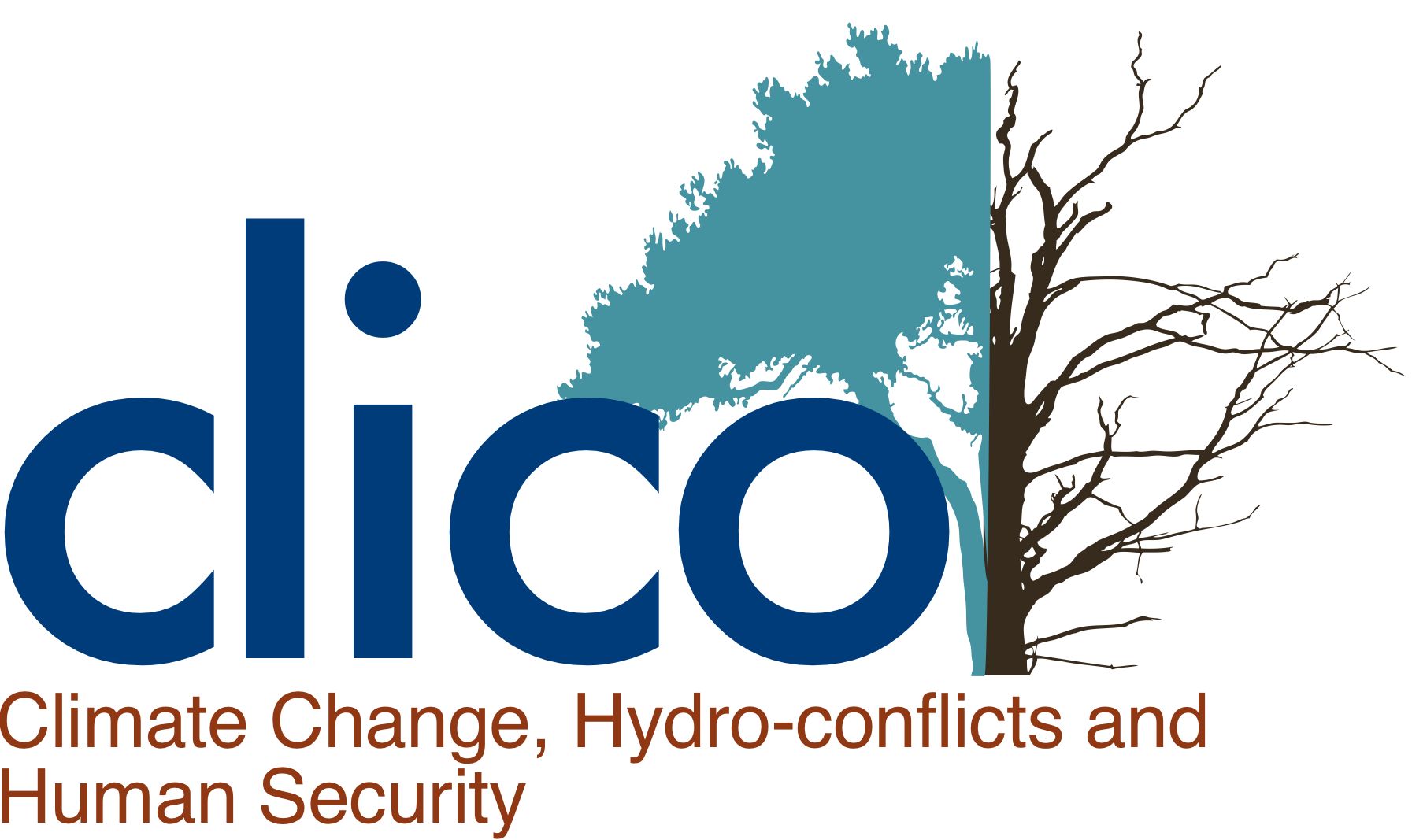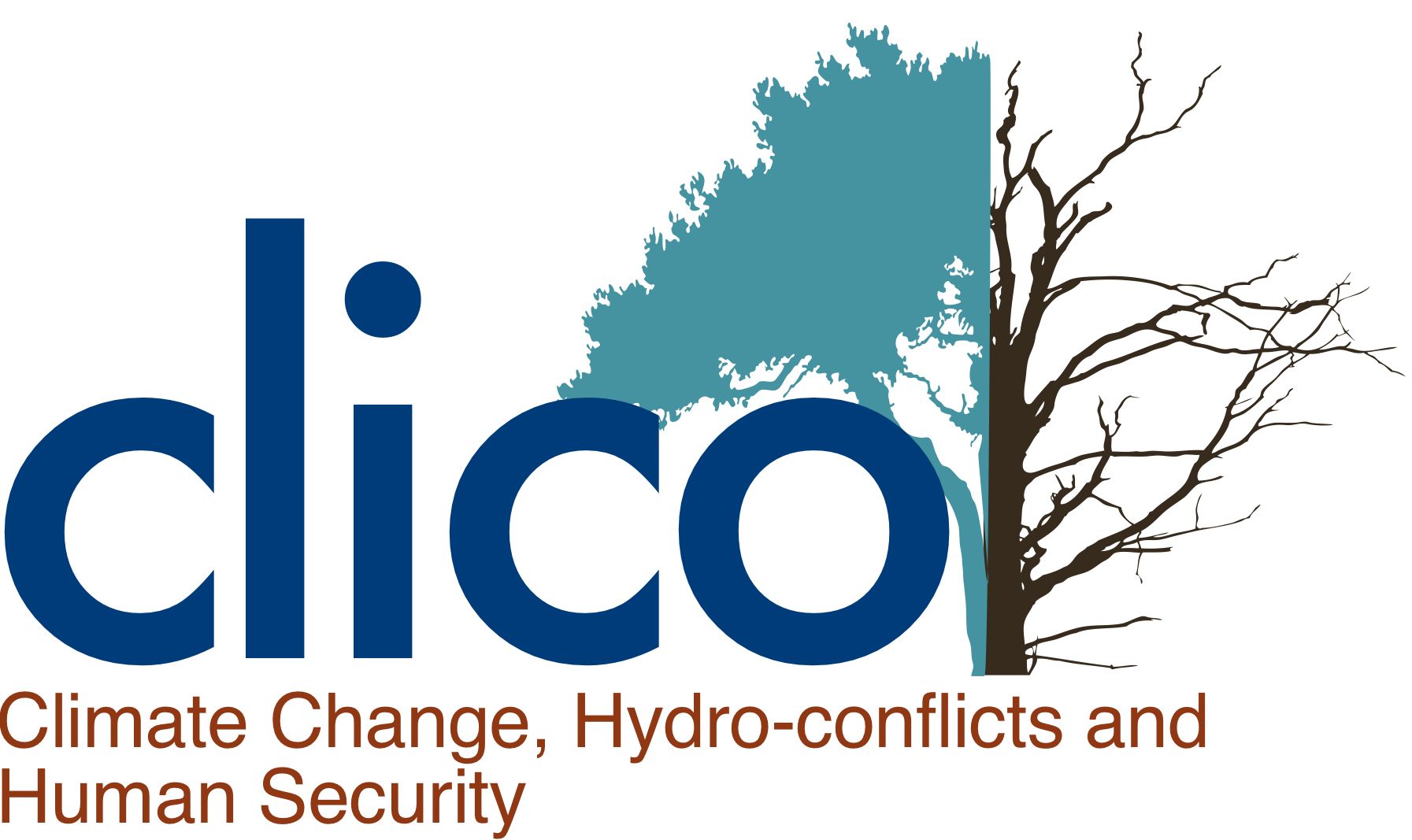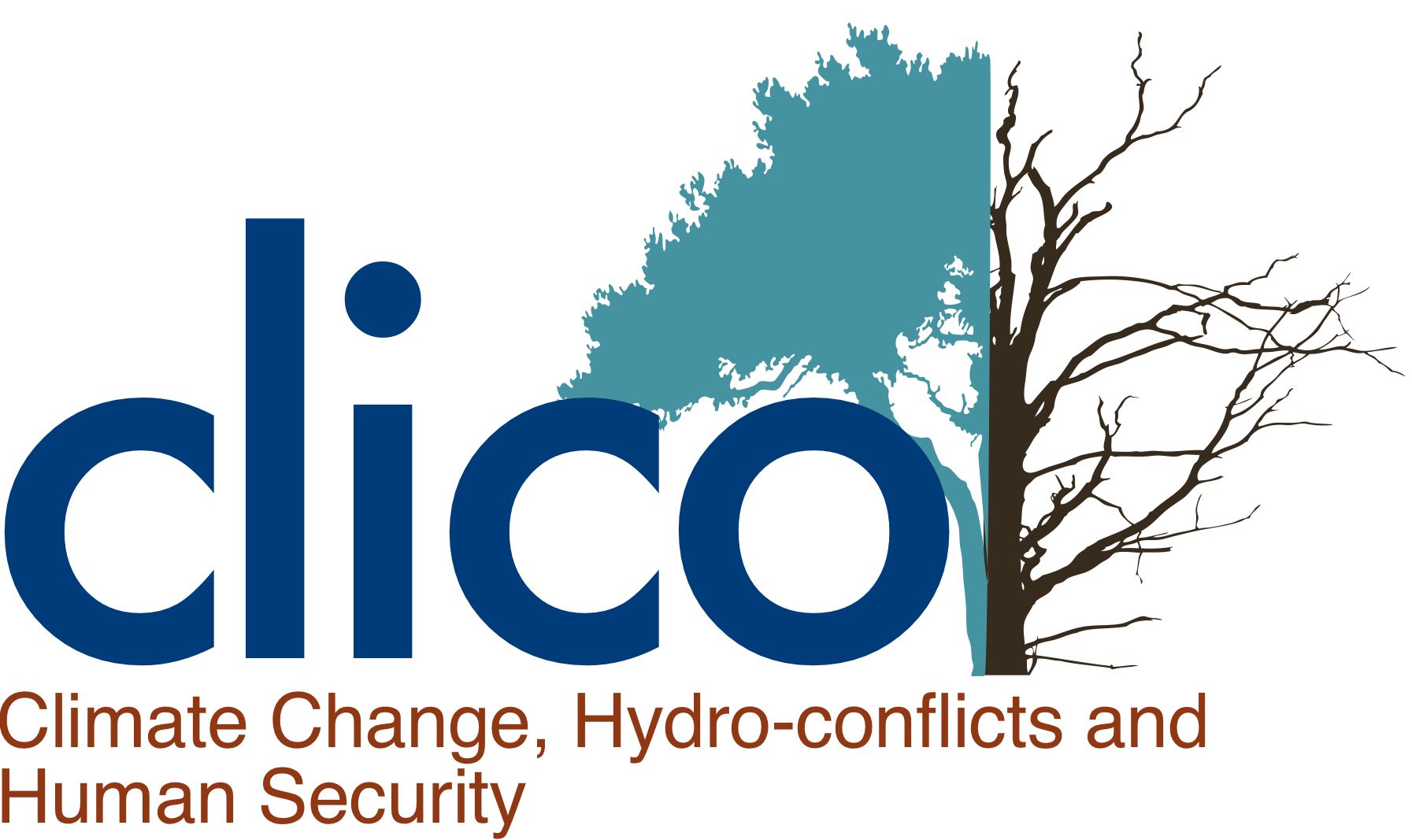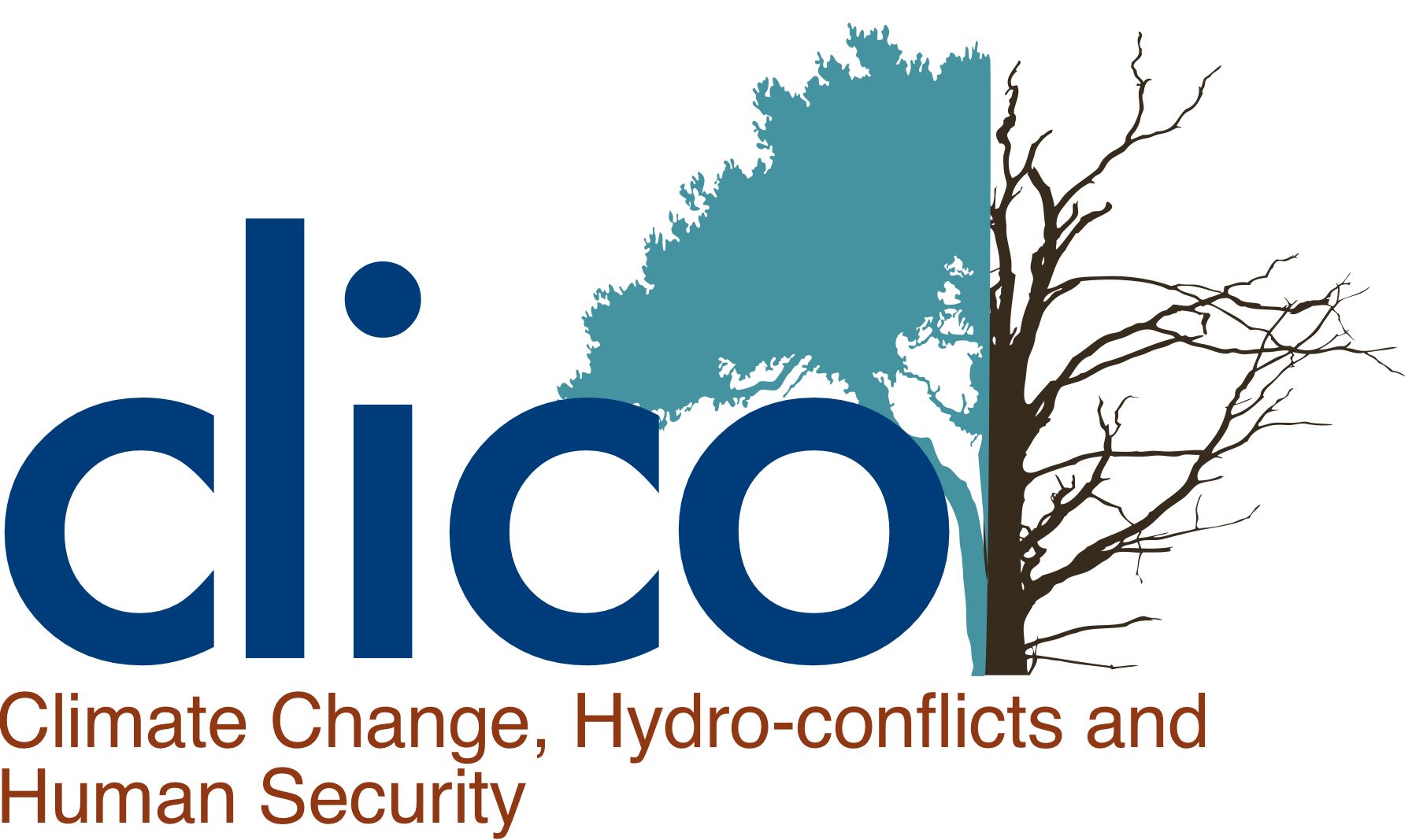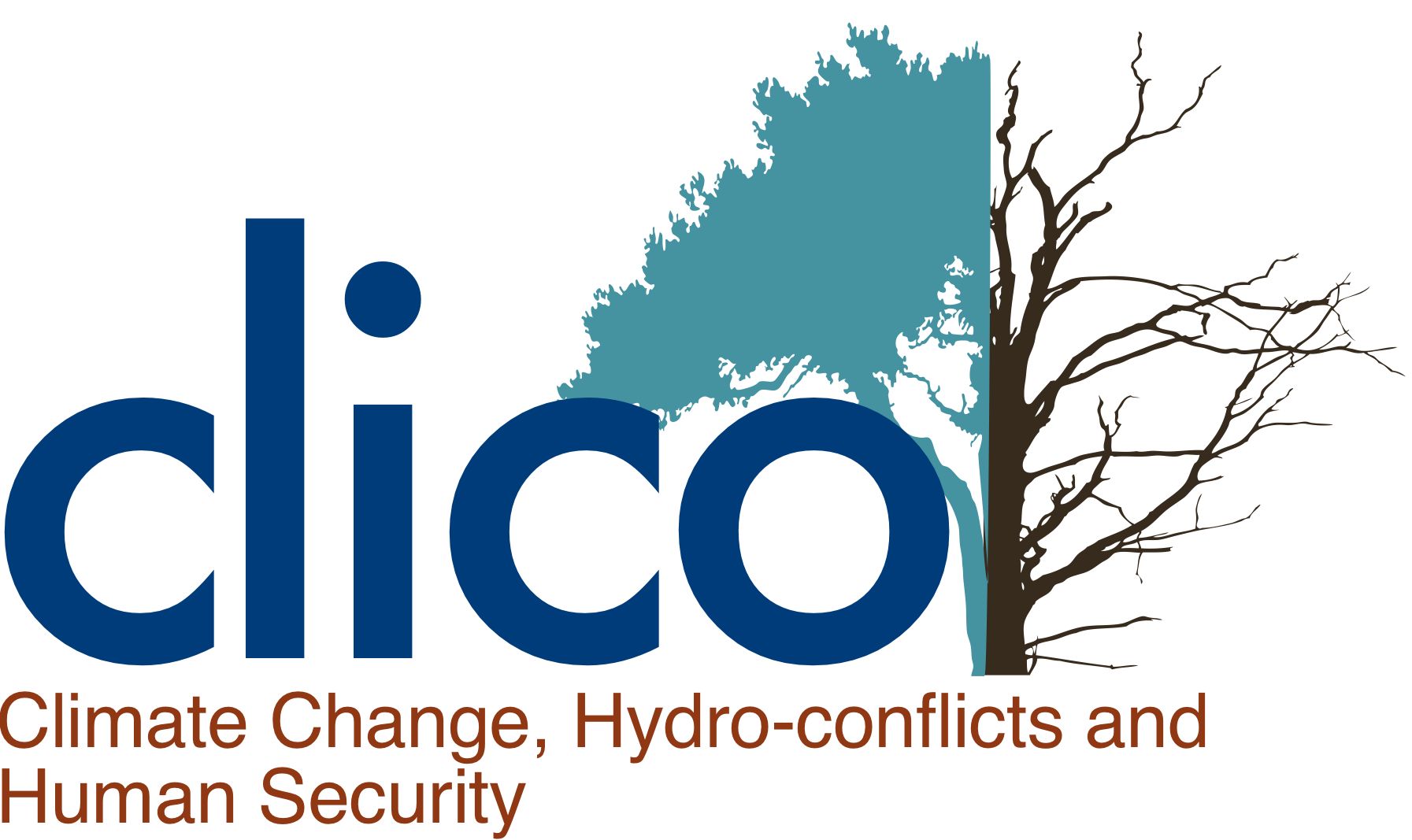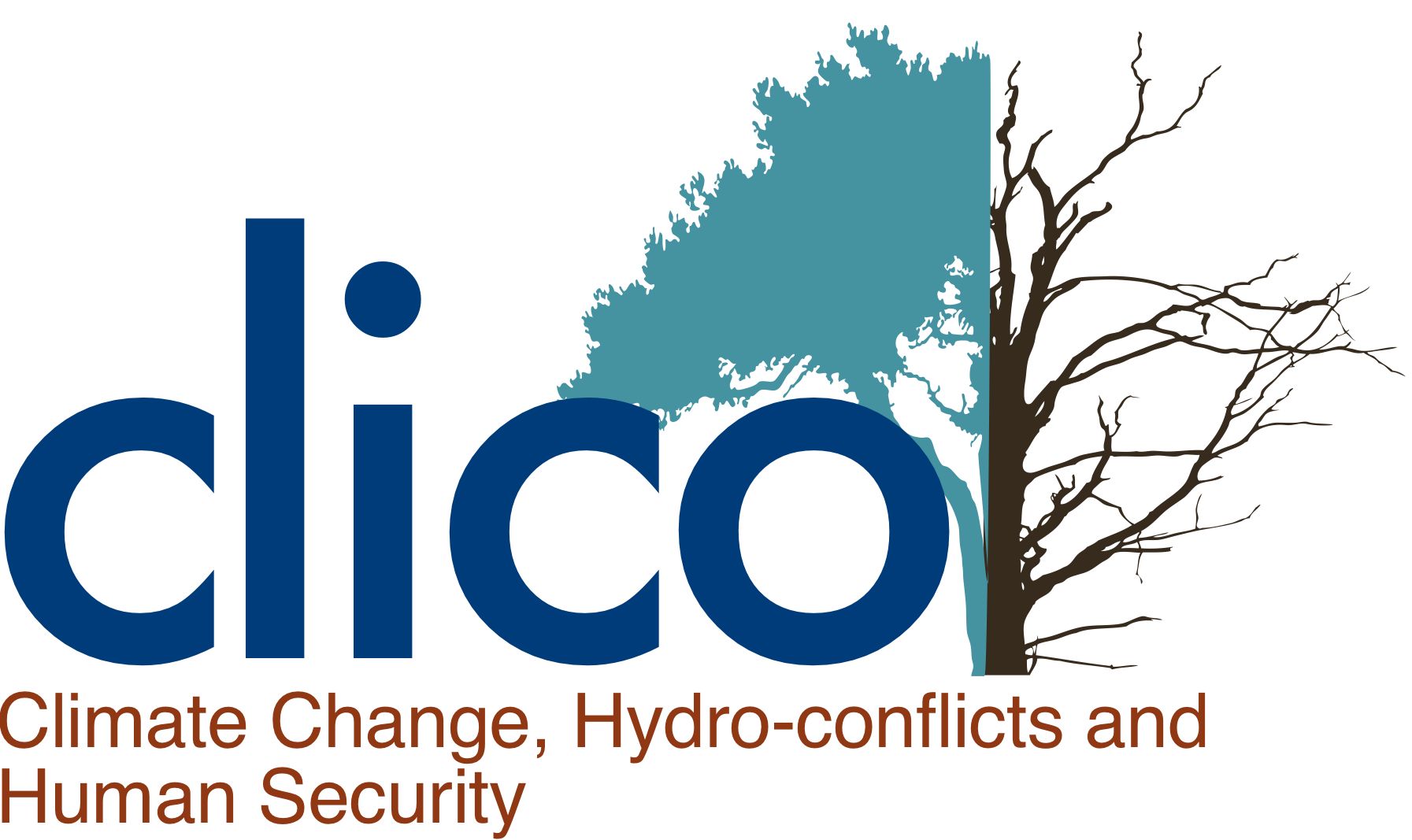Policy Frameworks to Address Climate-Induced Risks to Human Security and Conflict – Recommendations
- Publication
- Citation
Gerstetter, Christiane et al. 2013: Policy Frameworks to Address Climate-induced Risks to Human Security and Conflict - Recommendations. Ecologic Institute, Berlin.
The Mediterranean, Middle East, and Sahel regions form a climate change "hot spot" that is expected to experience large climatic changes, with negative consequences for human security in the region. A new report by Ecologic Institute provides insights and recommendations on the policies and institutions needed to address water-related risks to human security and also prevent or reduce potential conflicts over water that may be caused or exacerbated by climate change. Effective climate change adaptation approaches are identified, and recommendations are given for policy makers at the EU and national level as well as for donors and actors at the international level. The report is now available for download.
The MMES region is expected to experience large climatic changes. Predicted impacts include raises in temperature, changes in seasons and precipitation patterns, sea-level rise, and increased frequency of extreme weather events such as drought or floods. Human insecurity is a reality which many people in the region live in already at present – a situation that may even become worse with the onset of climate change.
Ecologic Institute's report provides a general typology of policy approaches to adaptation, next examining relevant policy areas – e.g. water management, health, agriculture, disaster risk reduction – and measures and looking at ‘mainstreaming’ as an overarching approach. Effective climate change adaptation policies are identified based on analysis of existing policy frameworks in countries in the MMES region and at the EU and UN levels, as well as on existing literature.
The report gives insights and recommendations for policymakers at the EU and national level and for donors and actors at the international level. How a policy in a specific country should look like, what concrete issues, population groups, sectors are best addressed is highly context-specific. However, more general insights can be garnered on what “good” policies on human security and conflict prevention in the context of climate change could look like. For policymakers at all levels, recommendations include harnessing existing agendas for climate change adaptation, learning from and adapting existing policy examples, and supporting the development of consistent, informed, and long-term policy action.
